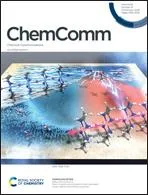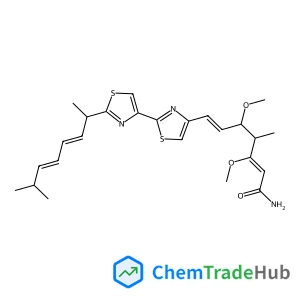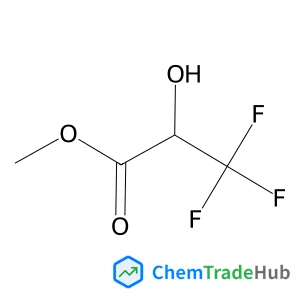Visible light-driven cross-coupling reactions of alkyl halides with phenylacetylene derivatives for C(sp3)–C(sp) bond formation catalyzed by a B12 complex
Literature Information
Li Chen, Yohei Kametani, Kenji Imamura, Tsukasa Abe, Yoshihito Shiota, Kazunari Yoshizawa, Yoshio Hisaeda, Hisashi Shimakoshi
Visible light-driven cross-coupling reactions of alkyl halides with phenylacetylene and its derivatives catalyzed by the cobalamin derivative (B12) with the [Ir(dtbbpy)(ppy)2]PF6 photocatalyst at room temperature are reported. The robust B12 catalyst and Ir photocatalyst provided high turnover numbers of over 33 000 for the reactions.
Recommended Journals
Related Literature
IF 6.843
Engineering nanoporous organic frameworks to stabilize naked Au clusters: a charge modulation approachIF 6.222
Enhanced power performance of an in situ sediment microbial fuel cell with steel-slag as the redox catalyst: I. electricity generationIF 6.367
Catalytic depolymerization of Kraft lignin to produce liquid fuels via Ni–Sn metal oxide catalystsIF 6.367
An aminophosphonate ester ligand-containing platinum(ii) complex induces potent immunogenic cell death in vitro and elicits effective anti-tumour immune responses in vivoIF 6.222
Engineering of electrodeposited binder-free organic-nickel hydroxide based nanohybrids for energy storage and electrocatalytic alkaline water splittingIF 6.367
CaMoO4 nanosheet arrays for efficient and durable water oxidation electrocatalysis under alkaline conditionsIF 6.222
Inside back coverIF 6.222
Mechanically stable and economically viable polyvinyl alcohol-based membranes with sulfonated carbon nanotubes for proton exchange membrane fuel cellsIF 6.367
Boronic acid liposomes for cellular delivery and content release driven by carbohydrate binding‡IF 6.222
Source Journal
Chemical Communications

ChemComm publishes urgent research which is of outstanding significance and interest to experts in the field, while also appealing to the journal’s broad chemistry readership. Our communication format is ideally suited to short, urgent studies that are of such importance that they require accelerated publication. Our scope covers all topics in chemistry, and research at the interface of chemistry and other disciplines (such as materials science, nanoscience, physics, engineering and biology) where there is a significant novelty in the chemistry aspects. Major topic areas covered include: Analytical Chemistry Catalysis Chemical Biology and medicinal chemistry Computational Chemistry and Machine Learning Energy and sustainable chemistry Environmental Chemistry Green Chemistry Inorganic Chemistry Materials Chemistry Nanoscience Organic Chemistry Physical Chemistry Polymer Chemistry Supramolecular Chemistry
Recommended Compounds
Recommended Suppliers
 Bertrandt Services GmbH
Bertrandt Services GmbH Chongqing Yuxi Medicine Technology Co., Ltd.
Chongqing Yuxi Medicine Technology Co., Ltd. Hosokawa Micron Ltd.
Hosokawa Micron Ltd. San Yuan Jinrui Biological Engineering Co., Ltd.
San Yuan Jinrui Biological Engineering Co., Ltd. Anhui Beiyike Equipment Technology Co., Ltd.
Anhui Beiyike Equipment Technology Co., Ltd. Changsha Jianyun Non-ferrous Metal Co., Ltd.
Changsha Jianyun Non-ferrous Metal Co., Ltd. Schramm Coatings GmbH
Schramm Coatings GmbH anag technologies sa
anag technologies sa heatsystems GmbH & Co. KG
heatsystems GmbH & Co. KG Mitsubishi Chemical Corporation
Mitsubishi Chemical Corporation














